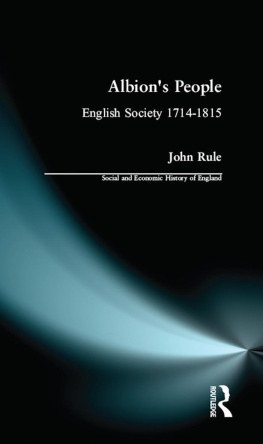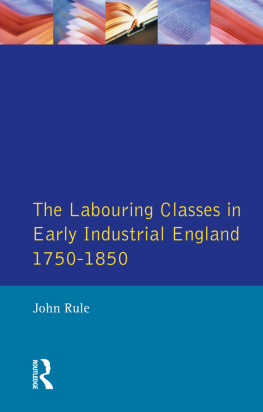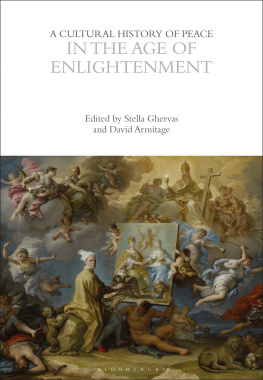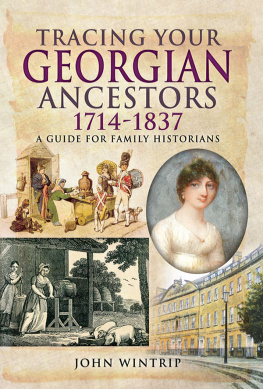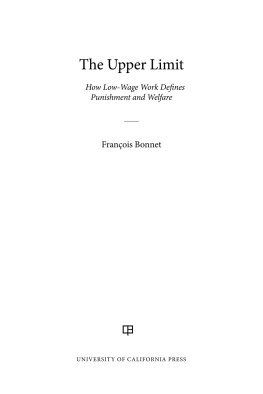ALBIONS PEOPLE
A Social and Economic History of England/Twentieth-Century Britain
Edited by Asa Briggs
Anglo-Saxon England the Norman Conquest (2nd Edition) H. R. Loyn
Medieval England: Rural Society and Economic Change 10861348 E. Miller and J. Hatcher
Medieval England: Towns, Commerce and Crafts, 10861348 E. Miller and J. Hatcher
The Age of Plunder 15001547 W. G. Hoskins
The Age of Elizabeth 15471603 (2nd Edition) D. M. Palliser
*Englands Apprenticeship 16031763 Charles Wilson
The Vital Century: Englands Economy 17141815 John Rule
Albions People: English Society, 17141815 John Rule
*The Rise of Industrial Society in England 18151885 S. G. Checkland
Britain in the World Economy since 1880 B. W. E. Alford
* Not currently available
First published 1992 by Pearson Education Limited
Published 2014 by Routledge
2 Park Square, Milton Park, Abingdon, Oxon OX14 4RN
711 Third Avenue, New York, NY 10017, USA
Routledge is an imprint of the Taylor & Francis Group, an informa business.
Copyright 1992, Taylor & Francis.
All rights reserved. No part of this book may be reprinted or reproduced or utilised in any form or by any electronic, mechanical, or other means, now known or hereafter invented, including photocopying and recording, or in any information storage or retrieval system, without permission in writing from the publishers.
Notices
Knowledge and best practice in this field are constantly changing. As new research and experience broaden our understanding, changes in research methods, professional practices, or medical treatment may become necessary.
Practitioners and researchers must always rely on their own experience and knowledge in evaluating and using any information, methods, compounds, or experiments described herein. In using such information or methods they should be mindful of their own safety and the safety of others, including parties for whom they have a professional responsibility.
To the fullest extent of the law, neither the Publisher nor the authors, contributors, or editors, assume any liability for any injury and/or damage to persons or property as a matter of products liability, negligence or otherwise, or from any use or operation of any methods, products, instructions, or ideas contained in the material herein.
ISBN 13: 978-0-582-08916-7 (pbk)
British Library Cataloguing in Publication Data
Rule, John
Albions people: English society, 17141815.
(Social and economic history of England) I. Title II. Series
941.07
Library of Congress Cataloging-in-Publication Data
Rule, John, 1944
Albions people : English society, 17141815 / John Rule
p. cm. (Social and economic history of England)
Includes bibliographical references and index.
ISBN 0582089174 (cased). ISBN 0582089166 (pbk.)
1. EnglandSocial conditions18th century. 2. EnglandEconomic conditions18th century. 3. Social classesEnglandHistory18th century. I. Title II. Series
HN398.E5R79 1992
306.094209033dc20
9121964
CIP
AC
Set in baskerville
This is the latest volume in an established series which sets out to relate economic history to social history. Interest in economic history has grown enormously in recent years. In part, the interest is a by-product of twentieth-century preoccupation with economic issues and problems. In part, it is a facet of the revolution in the study of history. The scope of the subject has been immensely enlarged, and with the enlargement has come increasing specialization. There has also been a change in the approach to it as a result of the collection of a wider range of data and the development of new quantitative techniques. New research is being completed each year both in history and economics departments, and there are now enough varieties of approach to make for frequent controversy, enough excitement in the controversy to stimulate new writing. Interest in social history has boomed even more than interest in economic history since the first volume in this series was published, and debates continue both about its scope and its methods. It remains the purpose of this series, however, to bracket together the two adjectives economic and social. There is no need for two different sets of historians to carry out their work in separate workshops. Most of the problems with which they are concerned demand cooperative effort. However refined the analysis of the problems may be or may become, however precise the statistics, something more than accuracy and discipline is needed in the study of social and economic history. Many of the most lively economic historians of this century have been singularly undisciplined, and their hunches and insights have often proved invaluable. Behind the abstractions of economist or sociologist is the experience of real people, who demand sympathetic understanding as well as searching analysis. One of the dangers of economic history is that it can be written far too easily in impersonal terms: real people seem to play little part in it. One of the dangers of social history is that it concentrates on categories rather than on flesh and blood human beings. This series is designed to avoid both dangers, at least as far as they can be avoided in the light of available evidence. Quantitative evidence is used where it is available, but it is not the only kind of evidence which is taken into the reckoning.
Within this framework each author has complete freedom to describe the period covered by his volume along lines of his own choice. No attempt has been made to secure general uniformity of style or treatment. The volumes will necessarily overlap. Social and economic history seldom moves within generally accepted periods, and each author has had the freedom to decide where the limits of his chosen period are set. It has been for him to decide of what the unity of his period consists.
It has also been his task to decide how far it is necessary in his volume to take into account the experience of other countries as well as England in order to understand English economic and social history. The term England itself has been employed generally in relation to the series as a whole, not because Scotland, Wales or Ireland are thought to be less import or less interesting than England, but because their historical experience at various times was separate from or diverged from that of England: where problems and endeavours were common or where issues arose when the different societies confronted each other, these problems, endeavours and issues find a place in this series. In certain periods Europe, America, Asia, Africa and Australia must find a place also. One of the last volumes in the series will be called Britain and the World Economy.

